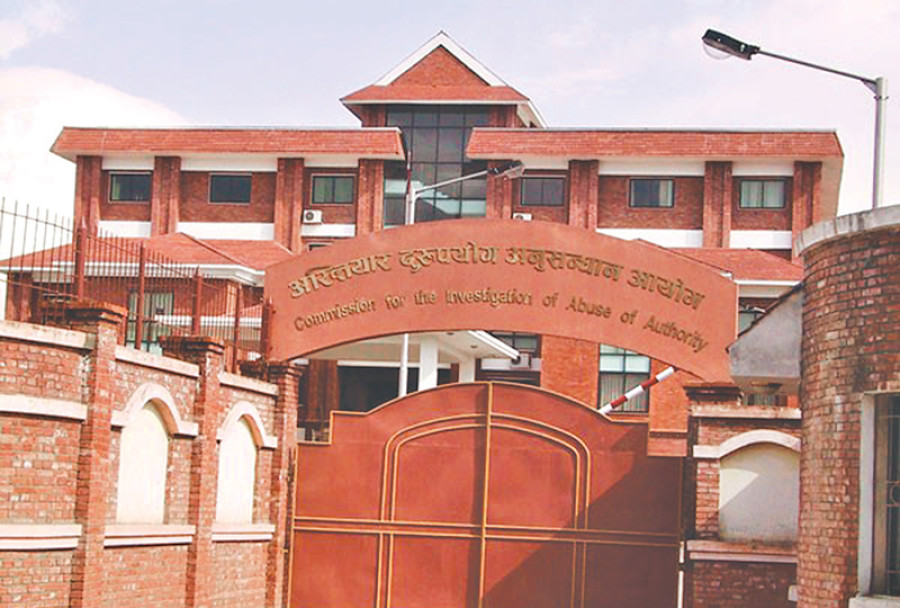National
Expert groups to support anti-graft body
The Commission for Investigation of Abuse of Authority has formed two experts’ groups—one of officials with expertise on cross-sections of issues and the other comprising those knowledgeable on legal matters—to help investigating officers with the charge-sheet before filing cases in court.
The Commission for Investigation of Abuse of Authority (CIAA) has formed two experts’ groups—one of officials with expertise on cross-sections of issues and the other comprising those knowledgeable on legal matters—to help investigating officers with the charge-sheet before filing cases in court.
The second panel, named Quality Circle and representing CIAA officials with expertise on technical, economic and other various sectors, will inspect the investigation report before filing the case against any corruption-accused in court, according to officials at the anti-graft body. The team is headed by a CIAA joint-secretary. Another team representing legal experts will see the legal aspect of the case minutely before filing it.
“These teams were created to help the investigating officer register the case as strongly as possible so that the CIAA achieves better success when the court issues verdict,” said Dhirgharaj Mainali, the CIAA spokesperson. The panels were formed in course of implementing a prosecution policy.
The anti-graft body has faced criticism in recent times over different decisions on similar offences or similar decisions on different degrees of offence.
This prompted the commission to implement the policy after first announcing it in its annual report for the fiscal year 2014-15. Implementation of the policy began one-and-a-half months ago.
According to Mainali, the Quality Circle will help the investigation officer decide whether the accused have committed corruption by breaching any technical and economic standards, rules and regulation. “The team of legal experts will point to applicable legal clauses before registering the case,” said Mainali.
This is expected to help the investigation officer avoid reference to a wrong clause of the law, which often backfires on the CIAA.
According to the CIAA, Supreme Court verdicts on corruption cases in the past were reviewed while formulating the policy. The court usually refers to past verdicts, said Mainali.
These measures outlined in the prosecution policy are expected to bring uniformity in the investigation process and add to the CIAA’s success in corruption control.
Although the CIAA also explored the possibility of not taking up minor graft cases, Mainali said it was dropped considering the zero tolerance policy against corruption. “If one is involved repeatedly in minor instances of corruption, the cumulative offence becomes bigger,” he said.
Even as the CIAA announced four years ago to introduce a prosecution policy, it made no headway during the tenure of Lokman Singh Karki as the chief of the corruption watchdog.




 14.24°C Kathmandu
14.24°C Kathmandu














